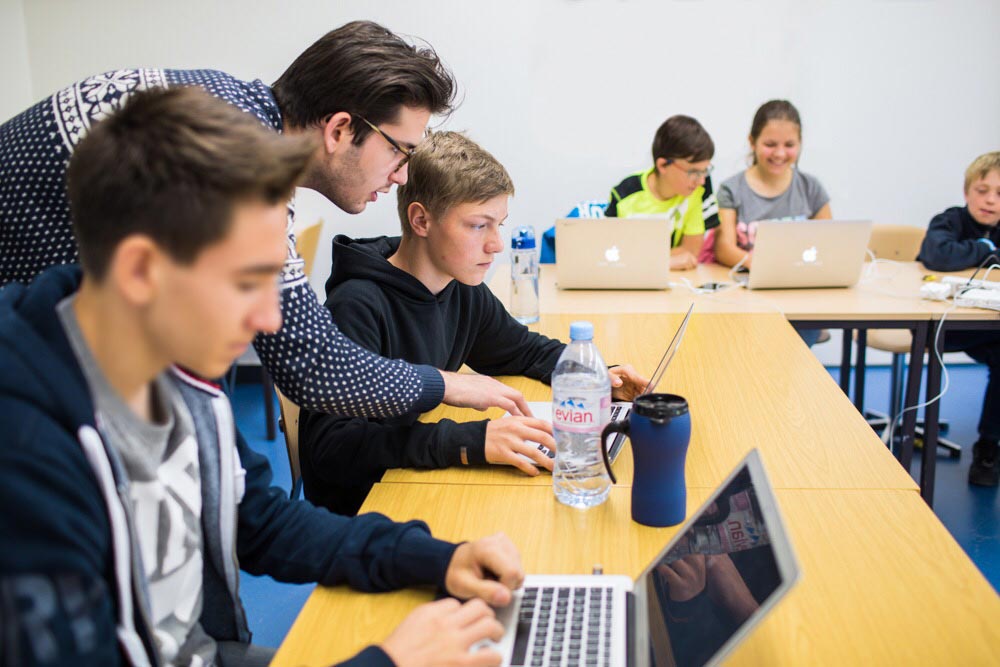What is the connection between securing your laptop and saving the lives of the astronauts on Apollo 13?
Teens who join us on our Hacker Mode course will find out the answer!
Today the scale of personal data that is stolen every day is hard to comprehend: in August 2013, Yahoo admitted that 1 billion personal records were compromised in a single breach.
But on a personal level, our data is often vulnerable because we don’t know the basic rules of how to protect ourselves. Three quarters of us use the same password many times, and so someone who knows one password knows them all! Hardly surprising that 40% of us have noticed a personal data breach in the last year.
Teaching our kids how to protect themselves online is a vital life skill, but it’s much more than that. In the UK, for example, the government has committed £20m to cyber skills training, both to help kids learn a vital life skill, but also to nurture talent to, in the words of the UK’s digital minister, “help identify and inspire future talent.”
So what does this have to do with Apollo 13?
In 1970, when three astronauts were stranded in space in a lunar module, the ground crew had just hours to design a way to attach a square CO2 filter to the circular opening of the lunar module’s filtration system, using nothing more than hoses from spacesuits, tube socks, and duct tape. They succeeded and survived.
Problem-solving, a skill that saved the astronauts, says Igor Krawczuk, a researcher in artificial intelligence at EFPL who created our Hacker Mode course, is the skill that will keep you safe online, and allow you to navigate a fascinating world of real-life puzzles. This skill, you might be surprised to learn, is called “hacking”. Hacking actually means using logic, improvisation and creative thinking to solve problems, he explains. It means being curious about how things, like computer security, work – and then trying to make them work better.
Taking the Hacker Mode course at one of our 4 or 5 day camps is an opportunity for teens to:
- develop invaluable problem-solving skills
- master the skills they need to protect themselves and their computers online
- learn the difference between “good” and “bad” hacking
- learn how attacks such as phishing and social engineering work
- use hands-on exercises and challenges to understand how attackers break encryption and passwords, and how to defend against them
- develop essential skills to investigate the world around them
Cyber awareness: curiosity and critical thinking
“I want to help them to learn to explore, to try things. The students on our course will solve the sort of problems that they don’t see often at school, where they have a teacher who knows all the answers,” Igor says.
You don’t need any experience of programming to take the course, just curiosity and a willingness to experiment, Igor promises.
The first day of the course uses lateral thinking puzzles and exercises to show teens that “hacking” has very little to do with what they see in the movies. Instead we will show them how to use creative thinking to solve problems for themselves, even by learning something as simple as how to improve the way they use Google.
They will then use their new skills to learn how to protect digital devices by imagining how someone might break into them, and to fix the security on a real network to defeat an intruder.
By the time they finish the course, students are ready to demonstrate their concrete skills to their parents. They can then go home and help their families and friends secure their information. But they will also have acquired a lifelong skill that will benefit both their studies and their lives beyond the classroom.



